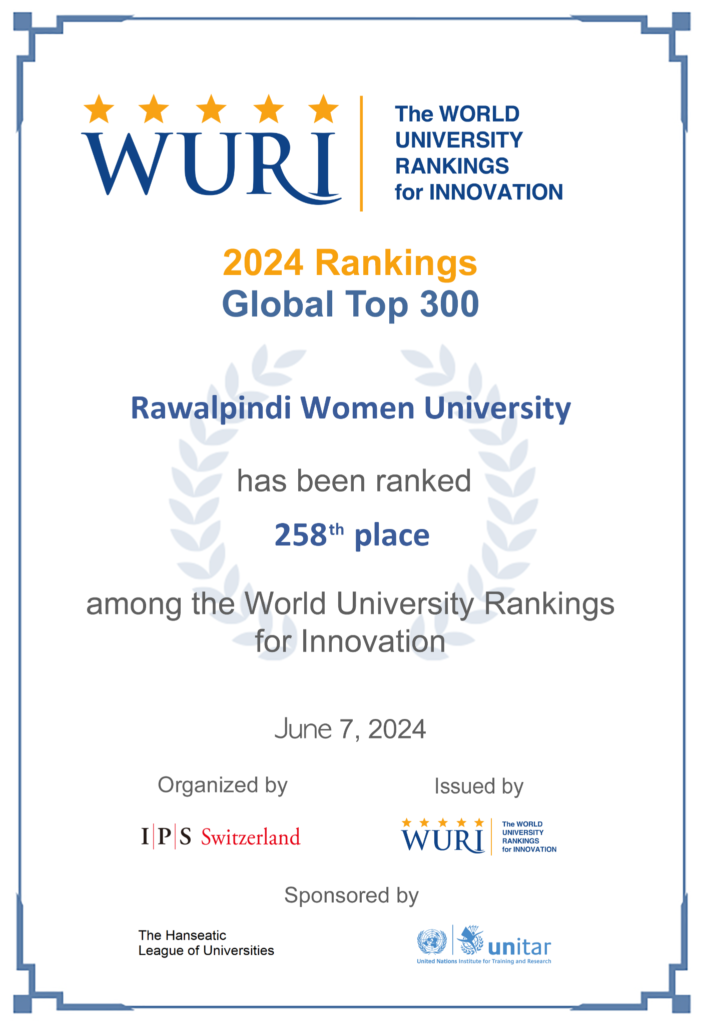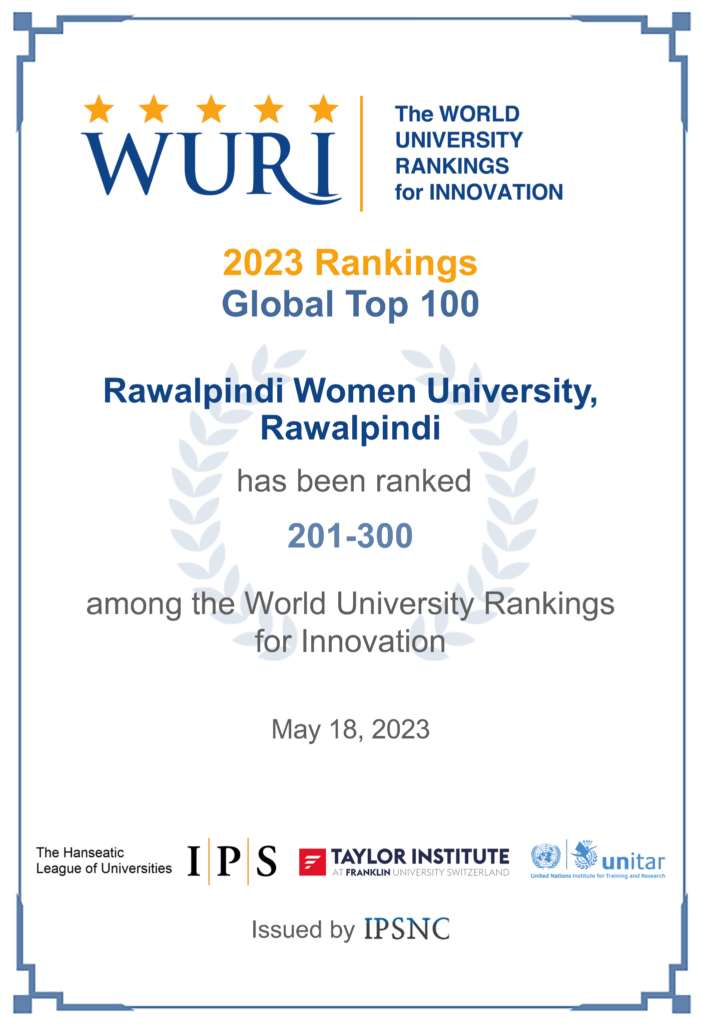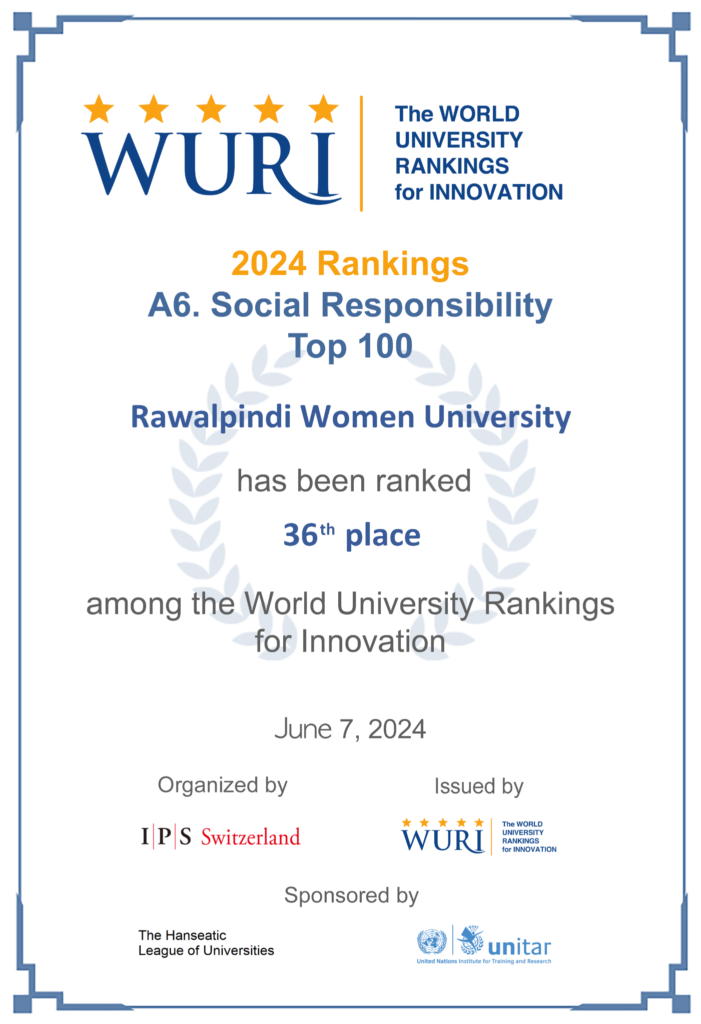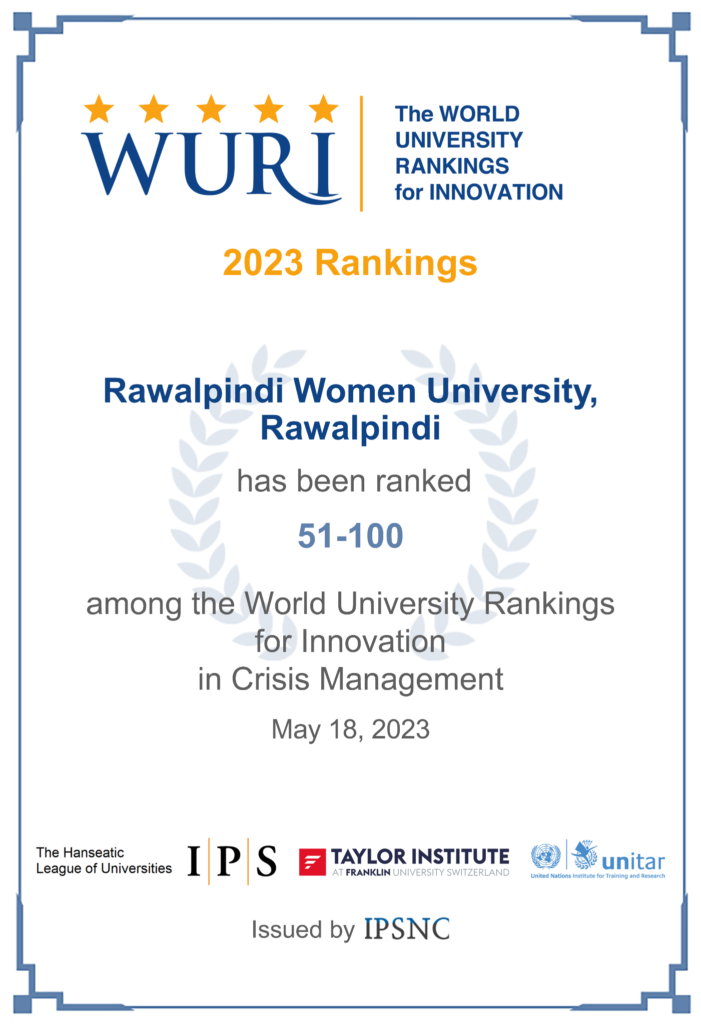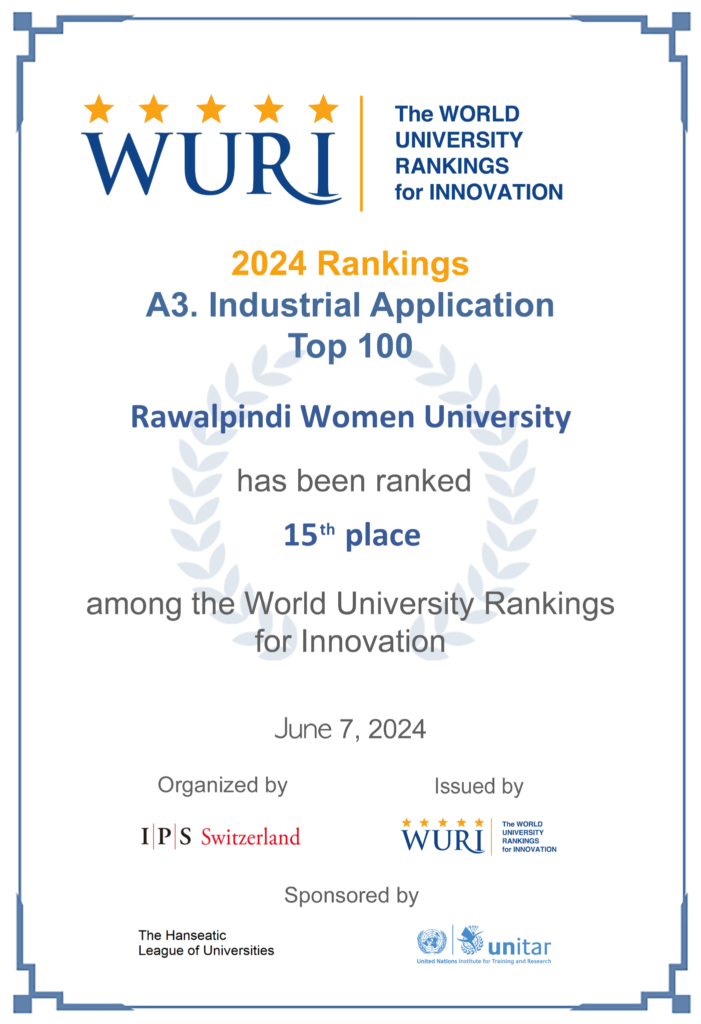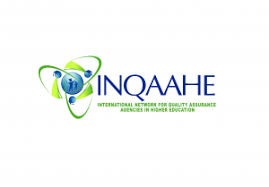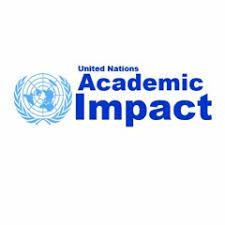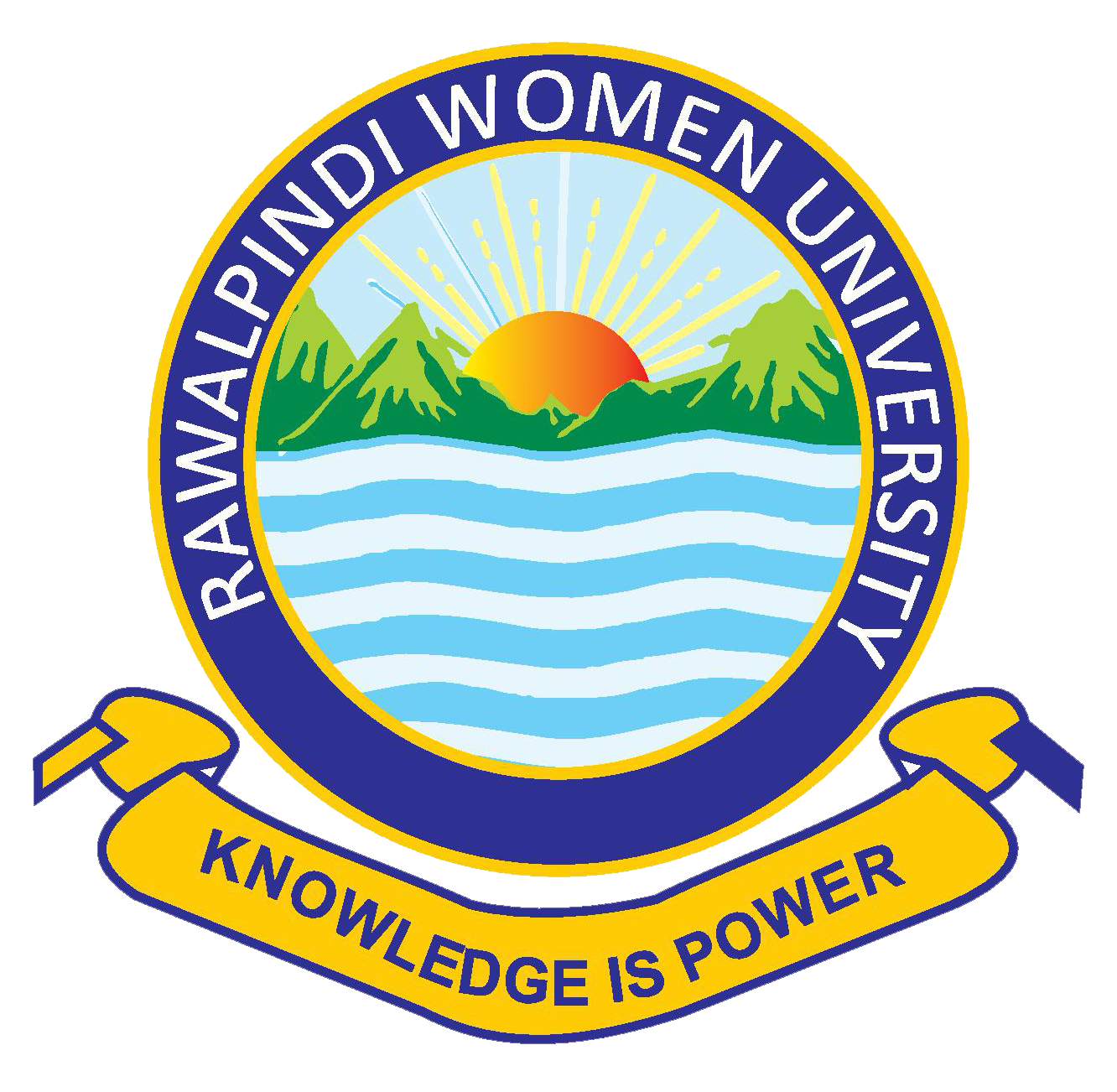QEC
October 23, 2024 2025-04-16 9:16QEC
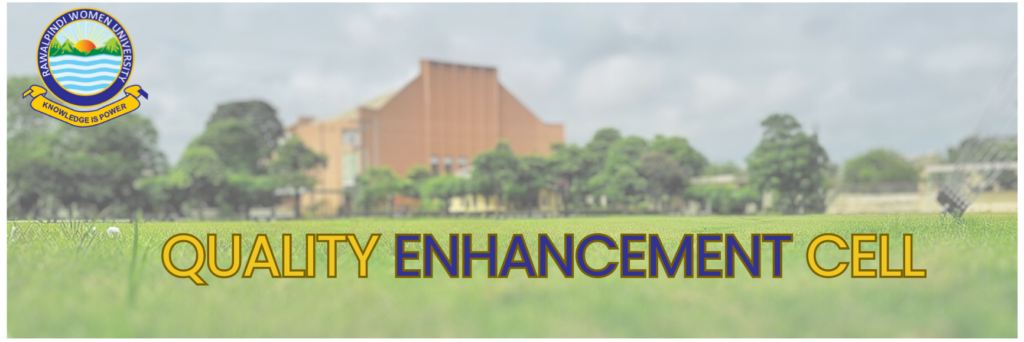
Introduction
The Quality Enhancement Cell (QEC) at Rawalpindi Women University (RWU) is dedicated to ensuring and enhancing the quality of education. It plays a crucial role in maintaining high academic standards, implementing best practices, and fostering a culture of continuous improvement. The QEC focuses on various aspects of quality assurance, including curriculum development, faculty development, student learning outcomes, and infrastructure. Through rigorous internal and external reviews, the QEC identifies areas for improvement and implements strategies to enhance the overall quality of education at RWU. The QEC’s commitment to quality assurance ensures that RWU graduates are well-prepared to meet the challenges of the 21st century.
Vision
To drive continuous quality enhancement, ensuring that Rawalpindi Women University upholds the highest standards of education, critical thinking, and innovation, empowering women for a sustainable and progressive future
Mission
To uphold and enhance the highest standards of quality in all academic programs and services through rigorous evaluation, continuous improvement, and stakeholder engagement, supporting the university’s mission to foster academic excellence and develop women as leaders, researchers, and compassionate global citizens.
Role & Responsibilities:
QEC is responsible for:
- Promoting public confidence that the standard of academic awards is safeguarded and that quality is assured and enhanced
- Systematic internal review of academic standards and the quality of teaching and learning in each subject area
- Systematic review of academic affiliations and partnerships with other institutions to ensure effective management of standards and quality of programmes
- Facilitating external review of programmes and the institution
- Coordination and liaison with QAA-HEC for implementation of HEC’s guidelines related to quality assurance
- Coordination between accrediting departments and accreditation councils for timely accreditation of programmes from respective councils
- Facilitating in establishment and functioning of IQAE sub-offices at campuses, constituent units and affiliated institutions
- Supervision of sub-offices of IQAE at campuses, constituent units and affiliated institutions • actively participating in meetings of all statutory bodies
- Capacity building of all internal stakeholders on QA-related activities
- Ensuring institutional alignment with the National Qualifications Framework of Pakistan at associate degree programme, bachelor, master’s, and doctoral level
- Developing and enhancing quality assurance processes to affirm that the quality of provision and the standard of awards are being maintained
- Fostering curriculum, subject and faculty/staff development, together with research and other scholarly activities
- Developing and enhancing procedures for student partnership in quality assurance activities
- Ensuring that the institution’s quality assurance procedures are aligned with national arrangements for maintaining and improving the quality of higher education
- Developing, managing and enhancing procedures for the following:
- Approval of new programmes
- Annual monitoring and evaluation, including at program and faculty level, as well as of stakeholder evaluation
- Departmental review
- Student feedback
- Employer and alumni feedback
- Faculty feedback to employer participation in relevant quality assurance activities
- Programme review and self-assessment (see below)
- Institutional review and self-assessment
- Regulatory frameworks for qualifications
Rankings
